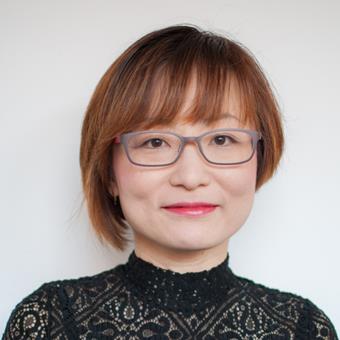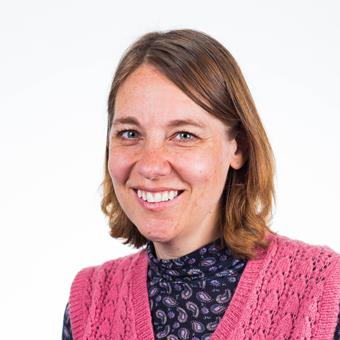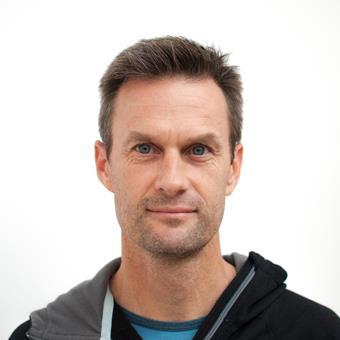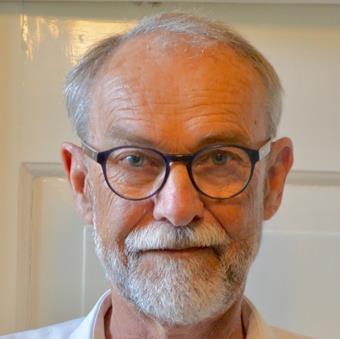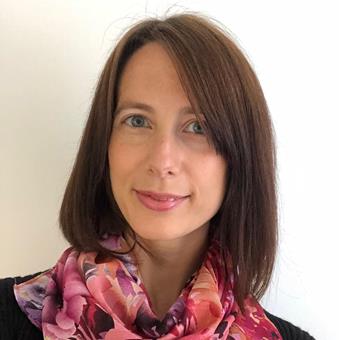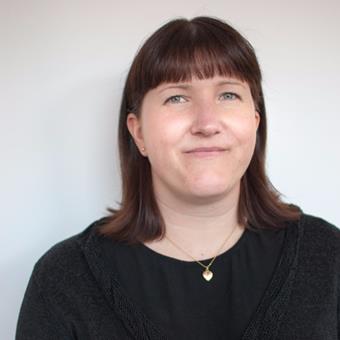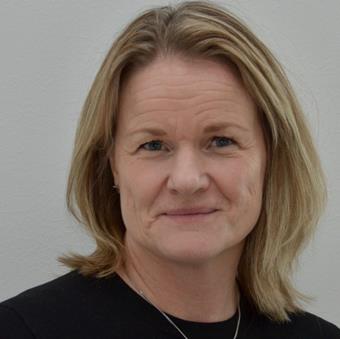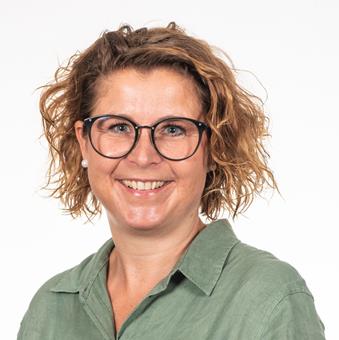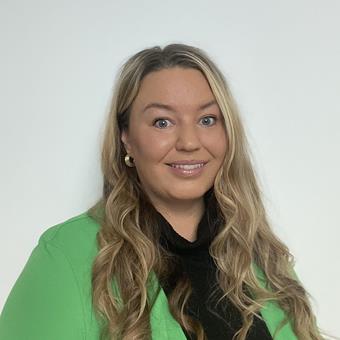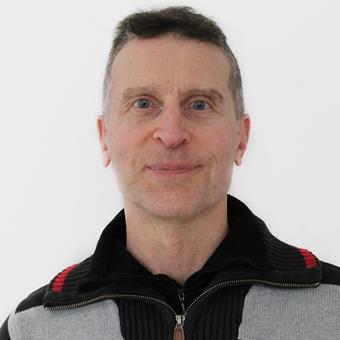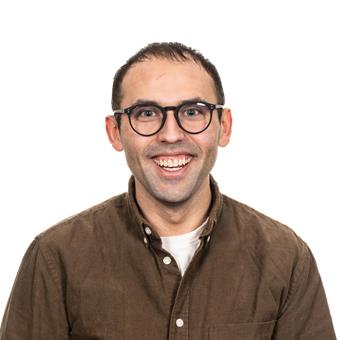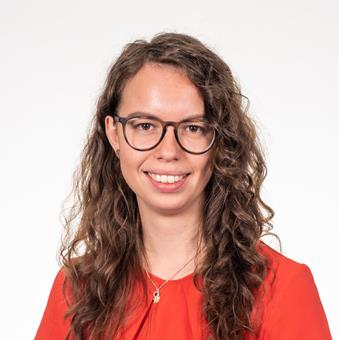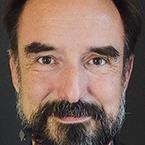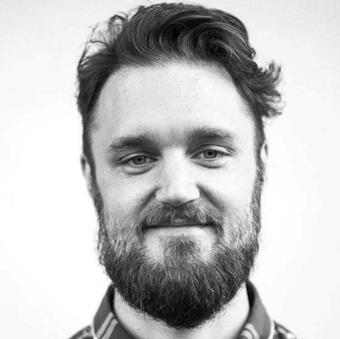Recognition of prior learning
Recognition of prior learning (RPL) is about giving recognition to what people know, and primarily what is learnt outside the formal educational system. We can learn at work, and in our sparetime, and the need for RPL can arise when we move between different contexts, for example when we seek admission to an educational programme and want to get credit for what we have learnt in other contexts.
One type of movement that can also result in need for RPL is migration, then it could also to a higher degree be a matter of recognition of formal credentials from other contexts and educational systems. In my research I have, among other things, studied how RPL is organised and developed on a local level, what the experiences are of participating in RPL processes, and what the problems are when it comes to the participants actually getting full recognition for their prior learning.
The competence of vocational teachers
Vocational teachers are a category of teachers that could be seen as having a ’double identity’ or professionalism. They have a background in a vocation within which they have been practicing and developed knowledge and skills. Then, they have moved on to becoming teachers, training new generations in this vocation. The challenge for the vocational teachers is to develop their professionalism as teachers, while retaining and developing the professionalism in their ’basic vocation’, as this is where the contents of their teaching subjects is situated. In a present research project we put focus on how vocational teachers meet exactly this challenge of retaining and developing the vocational competence, the knowledge and skills that are the contents of their teaching.
Research
I am responsible for the research group for vocational education. I am also part of the research group for adult education. At the moment I’m involved as project leader for a research project about the marketisation of Swedish adult education, financed by the Swedish Research Council (2018–2021).


